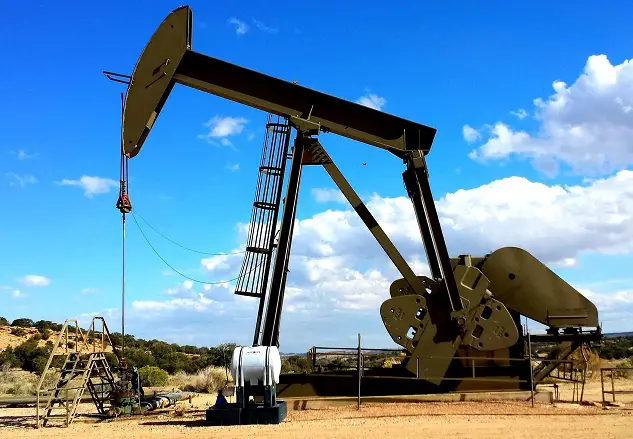According to a new analysis by Bloomberg, Russia cut its oil output in March by 40% more than it had previously announced it would. The report cited a source familiar with data from the Energy Ministry, and noted it was the equivalent of roughly 700,000 barrels per day (bpd).
Russia had announced in February that it would be voluntarily cutting its oil production by 500,000 bpd beginning in March, as a retaliatory measure in response to Western sanctions placed on the nation over the war in Ukraine. Russia also announced it would halt all sales to buyers which sought to comply with a price cap on Russian seaborne crude of $60 per barrel.
According to the Bloomberg report however, Energy Ministry data revealed the actual reduction turned out to be 40% higher than had been planned.
Russian Deputy Prime Minister Aleksandr Novak, in announcing the production cuts, had said they would be based on the February production volumes, which Bloomberg estimated at 10.1 million bpd.
According to figures supplied to Bloomberg from an anonymous source, Russia had pumped 1.285 million tons of crude per day, on average, over the last month, which is the equivalent of about 9.4 million barrels. The outlet noted that would be roughly a 700,000 bpd production cut.
Crude oil and condensate production combined was equal to 1.413 tons in March, which works out to 10.36 million bpd, compared the the 11.1 million bpd produced in February. those figures would yield a production cut of 740,000 bpd.
Since the EU and G7 began discussing imposing price caps on Russian energy products, Russia has repeatedly threatened to retaliate with production cuts. Moscow has castigated the measure as “an intervention in market relations and an extension of destructive energy policies” by the West.
Adding to the misery, earlier in the month, OPEC+, which includes Russia, Saudi Arabia, Iraq, and Kuwait, announced they would be voluntarily cutting the cartel’s production quotas by 1.66 million bpd more than the earlier production cuts imposed in November of last year. The announcement was made outside the normal meeting dates when such decisions were usually issued, adding to the surprise, which sent global crude prices soaring immediately after.
The OPEC+ countries promised that to stabilize the market, they would introduce voluntary additional cuts to their output beginning in May and running through the end of the year.

